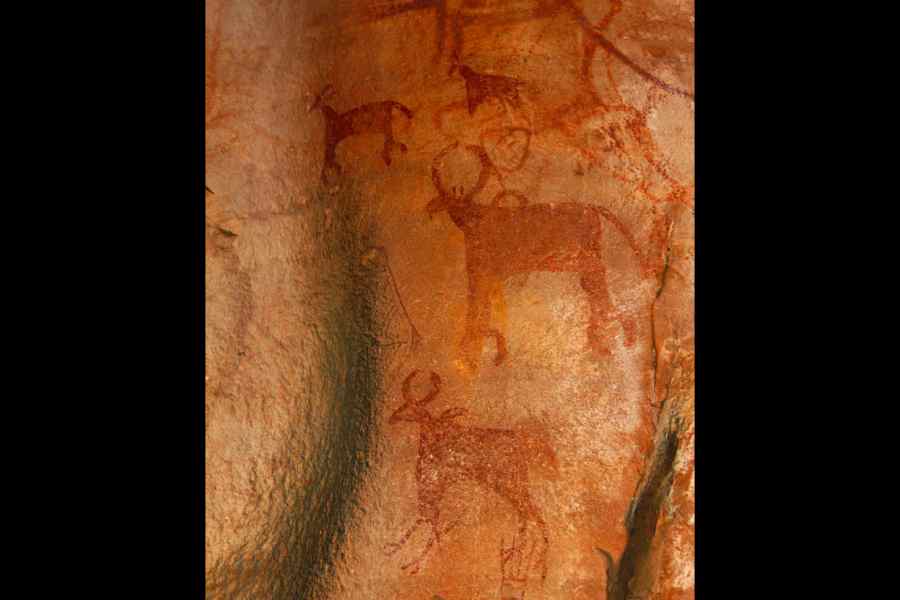THE COBRA’S GAZE: EXPLORING INDIA’S WILD HERITAGE
By Stephen Alter
Aleph, Rs 999
The Cobra’s Gaze takes the reader on a journey across the length and the breadth of India to literally ‘see’ and ‘hear’ India’s wildlife in the hills and mountains, rivers and coasts and the plains. Stephen Alter describes not only the species he witnesses but also the habitat and its state during the season of his visit in great detail. The imagery comes alive wonderfully. I am sure readers familiar with the species and the places will have no reservations in attesting to the author’s descriptions. However, I am unsure if the uninitiated will find the details as appealing. Alters’s conversations are limited to a small group of wildlife biologists and conservationists. If that be the case, the author’s hope of calling the uninitiated to action to save the natural places is likely to be belied.
Alter deftly weaves in the history and the mythology associated with the places and the species and their relationship with the people who depend on nature for sustenance, shelter and survival. This is likely to hold the interest of as well as inspire the uninitiated and provide additional information to those already dedicated to the cause of saving these natural spaces and species since most of the ecological legacy lies outside the grasp of India’s cultural mainstream.
The chapter on the introduction of the African cheetah in the Kuno Palpur National Park recounts the interesting debate on the origin of the cheetah in India. The conservationist, Valmik Thapar, has questioned whether there was ever an indigenous population at all in India although DNA analysis seems to have confirmed a genetic separation between Asiatic and African cheetahs. Alter does not take sides but sees the import of African cheetahs as an opportunity to test whether the forests of India can provide the species with a suitable habitat to sustain its existence.
Although most readers of this volume are likely to be established or aspiring naturalists, biologists or conservationists, who tend to be devoted to a place or species, many a reader, I am sure, will be inspired to visit places that they have not and look at plants and animals that have not drawn their attention thus far. I, for one, have already decided to visit Bhimbetka. Success, for any author, lies in making the reader think, take note of things and issues, and make decisions. I have no doubt in my mind that Stephen Alter has been successful on these counts.











